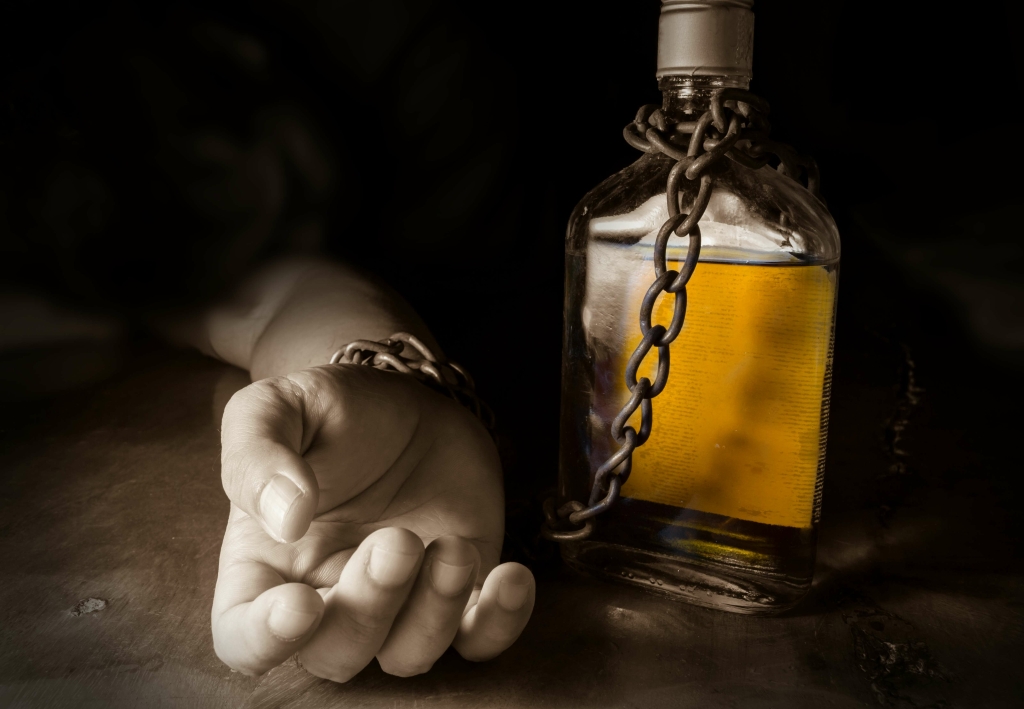For many of those who are addicted, enduring even that action is unimaginable. What must follow is the process of behavior change, through which the brain gradually rewires and renews itself. Everyone starts from a different place when putting down drugs or alcohol.
Depending on the substance abuse treatment center you attend, they may connect you with step-down levels of care and other addiction recovery resources. Addiction treatment may be the most important decision you or your loved one make for your life, but what happens after you complete your detox or inpatient treatment program? Fortunately, there are ways to prepare for life after rehab. These include entering continuing care programs, leaning on your support system, and working to maintain a drug-free life.
Can You Really Have Too Much Caffeine?
Further, those friends can serve as a cue that sets off drug craving and challenges the recovery process. Because recovery involves growth, families need to learn and practice new patterns of interaction. Recovery starts immediately with stopping use of a substance.
The essential aspect of recovery is maintaining a positive state of mind. Then he found a psychiatrist willing to prescribe him Xanax and ADHD medications, and eventually began drinking. At this point, she was married to a husband who loved her unconditionally. And they had a child whom she loved dearly, so she was shocked to discover the suicide note when she was sober. Complete the form and a treatment advisor will contact you at the number provided. Addiction can make you focus on the past or worry about the future.
Remove Toxic People From Your Life
The motivational force of new goals eventually helps rewire the brain so that it has alternatives to the drive for drugs. It’s hard to leave addiction behind without constructing a desirable future. Sustaining behavior change until new patterns become ingrained is difficult under the best of circumstances. Building a support system of sober friends is crucial to your new life in recovery from drug and alcohol abuse. Life after rehab will be tough enough adjusting to life and finding time to discuss in detail what is expected of you.
- This shows that you are committed to making amends and moving forward.
- So it’s a quick fix and that’s how you end up down that road.
- This is an overwhelming prospect as you may be further down the career path than your peers who may have more successful relationships.
- There is no point in keeping relationships that perpetuate your addiction.
But now that friends and family have given you the ground rules, moving forward, now you’ll have to follow through on it. You beat substance abuse and addiction, and now the time has come to change other habits correlating to how you relate to others, things you do for them, handling obligations, and more. A person in recovery for drug addiction looks out from a substance abuse treatment center in Westborough, Mass. Skip the Monday blues and give a big hello to Primary Therapist at Lantana, Chip Eggleton, on this #MeetTheTeam Monday.
Steps to Success
As part of your treatment, a therapist will teach you how to effectively cope with negative emotions and other triggers so you can avoid drinking. The presence of depression and alcohol use disorder suggests that you have a co-occurring disorder. rebuilding your life after addiction It requires dual diagnosis rehab — a specialized treatment that addresses both issues. Watch out for alcohol dependence and alcohol withdrawal symptoms. Frequent hangovers and increasing alcohol consumption may also indicate alcohol abuse.

Research and clinical experience have identified a number of factors that promote recovery. A third is establishing and maintaining a strong sense of connection to others; support helps people stay on track, and it helps retune the neural circuits of desire and goal-pursuit. Learning new coping skills for dealing with unpleasant feelings is another pillar of recovery. Recovering from a drug or alcohol addiction may be one of the hardest things you can ever do. It won’t be a quick and easy process, and it requires a lifelong commitment to a sober lifestyle.


Leave A Comment
You must be logged in to post a comment.